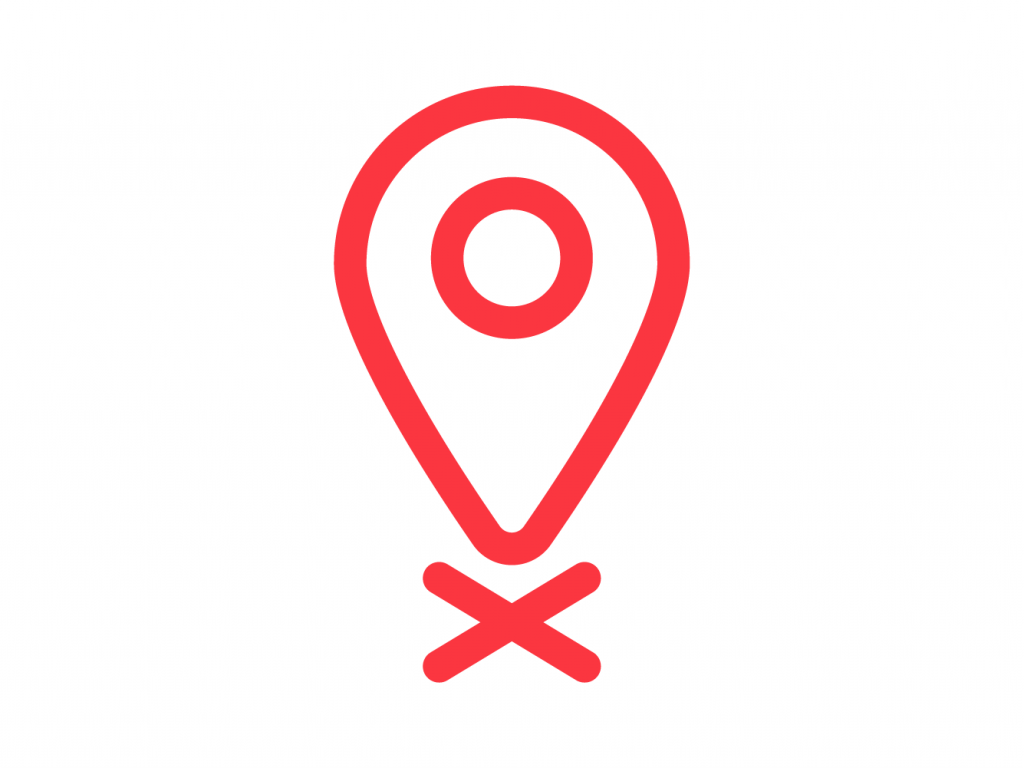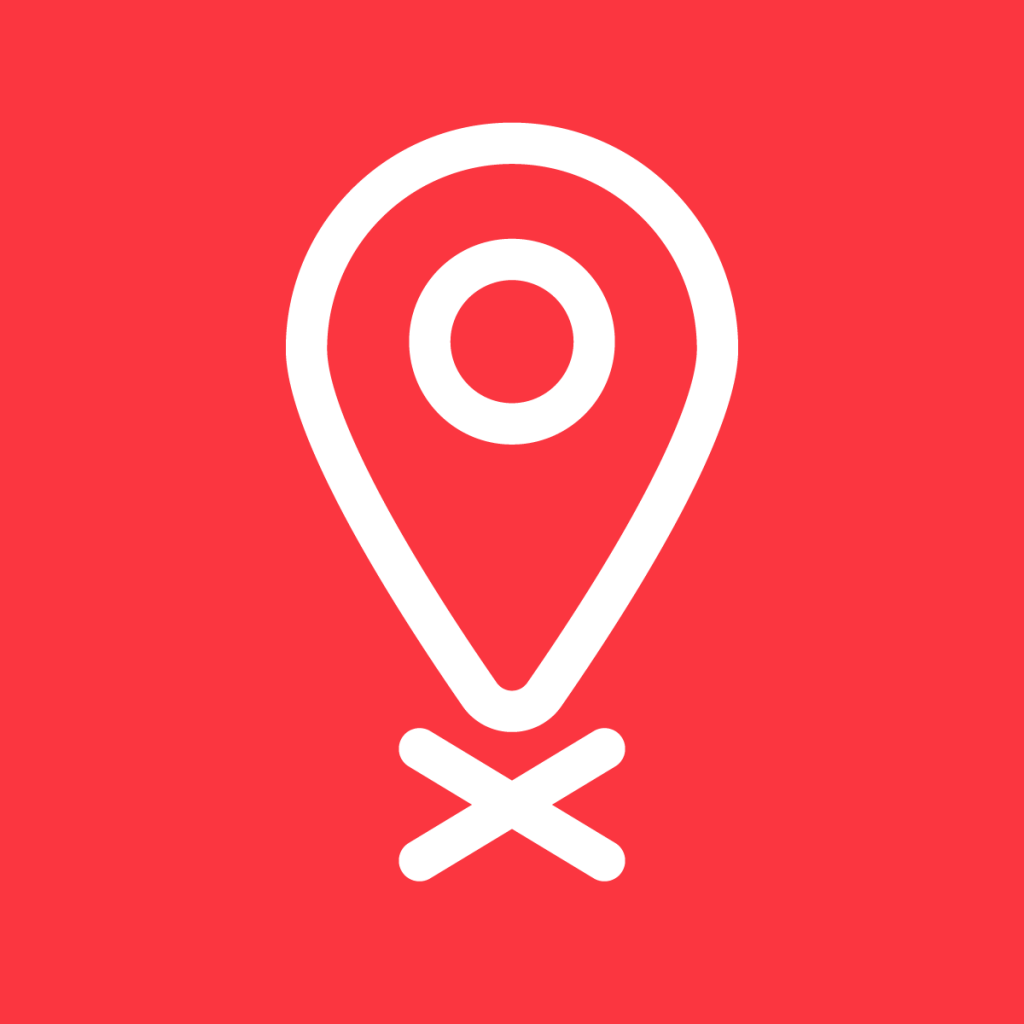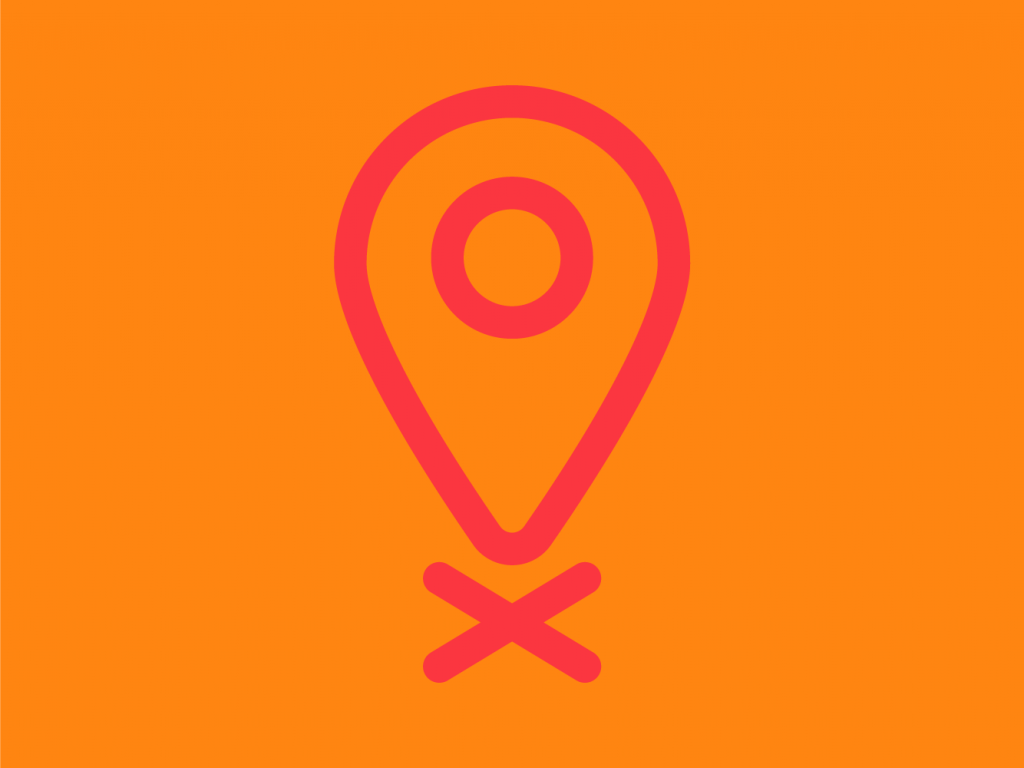Restricting online sales is risky business
The European Commission fined fashion company Guess €40 million. The reason for this large fine was because Guess had forbidden its retailers to advertise online, and to sell Guess products online to consumers in other EU countries. This kind of online sales blocking is called “geo-blocking“, and it allowed Guess to keep its retail prices high. This “geo-blocking” is in violation of EU competition laws, and now Guess has been sanctioned for this behaviour. What are the rules, where did it go wrong, and how can you prevent a fine?

What are the rules?
Companies in the EU are free to choose to whom they want to sell. They can choose the distribution system they want. However, consumers should have the freedom to purchase from any retailer, including across national borders, online and offline. This also means that retailers should be able to offer the products online, to advertise and sell them in other European countries, and to set their own resale prices.
This rule is part of the so-called EU competition laws. EU competition laws aim to create a free market in the European Union, and the ‘free flow of goods’ plays an important role in this.
The idea behind this is that a free competition:
- stimulates innovation,
- creates more choice for consumers, and
- leads to lower prices for end-consumers.
However, there are brands that want to limit the free flow of goods, to protect the image of their brands, or to have different prices in different countries and to have more control on the distribution of ‘their products’.
What can you not agree?
Guess tried to prevent EU consumers from shopping in other EU countries than their own country, by agreeing sales restrictions with their wholesale customers. The European Commission started an investigation and found that Guess restricted its retailers from:
- using the Guess brand for online search advertising;
- selling online without permission from Guess;
- selling to consumers located outside retailer’s country;
- selling to other wholesalers and retailers; and
- deciding on their own retail prices.
The result of these agreements is that there was no free competition in the EU. For example, in some countries, the retail prices were 5-10% higher than in other countries. This means that the end-consumer is paying ‘too much’ in some countries.
The maximum fine for such violations is 10% of the worldwide turnover of a company, so that can really add up in case of an international company such as Guess. The fines could have been much higher than the 40 million Euros, but Guess received a 50% ‘fine discount’ in return for its full cooperation. Otherwise the fine could have been 80 million Euros.


E-commerce investigation leads to new law
The European Commission did an investigation in the E-commerce sector, and found that:
- The number of Europeans buying goods and services online doubled in the last 10 years.
- 63 percent of commercial websites in the EU does not let customers in other Member States buy their products or services.
- More than 1 in 10 retailers included cross-border sales restrictions in their agreements.
The European Commission wanted to take action, and since December 2018, we have a new European law about geo-blocking.
The new geo-blocking rules cover online shopping in the EU for:
- all products;
- digital services, such as cloud storage; and
- offline services, such as concert tickets and hotel rooms.
The general rule of this geo-blocking regulation is that restrictions that prevent or limit online shopping across borders, are prohibited. There are a few exceptions to this rule. For example, you can still prohibit retailers to actively approach and target certain customers in other countries. These are called “active sales”. But if a consumer independently approaches the website of a company in another country, without being targeted, this is called “passive sales”. Passive sales should always be allowed, and may not be prohibited.
The geo-blocking regulation is another step towards a European single market, with no (digital) walls or barriers, and where all consumers are treated like locals, no matter where they are.
If you want to know more about IT law, or how your company can comply with these geo-blocking regulation, leave a message.





